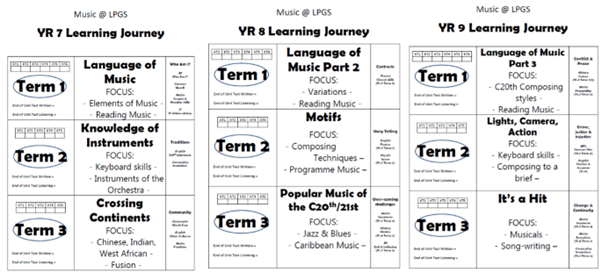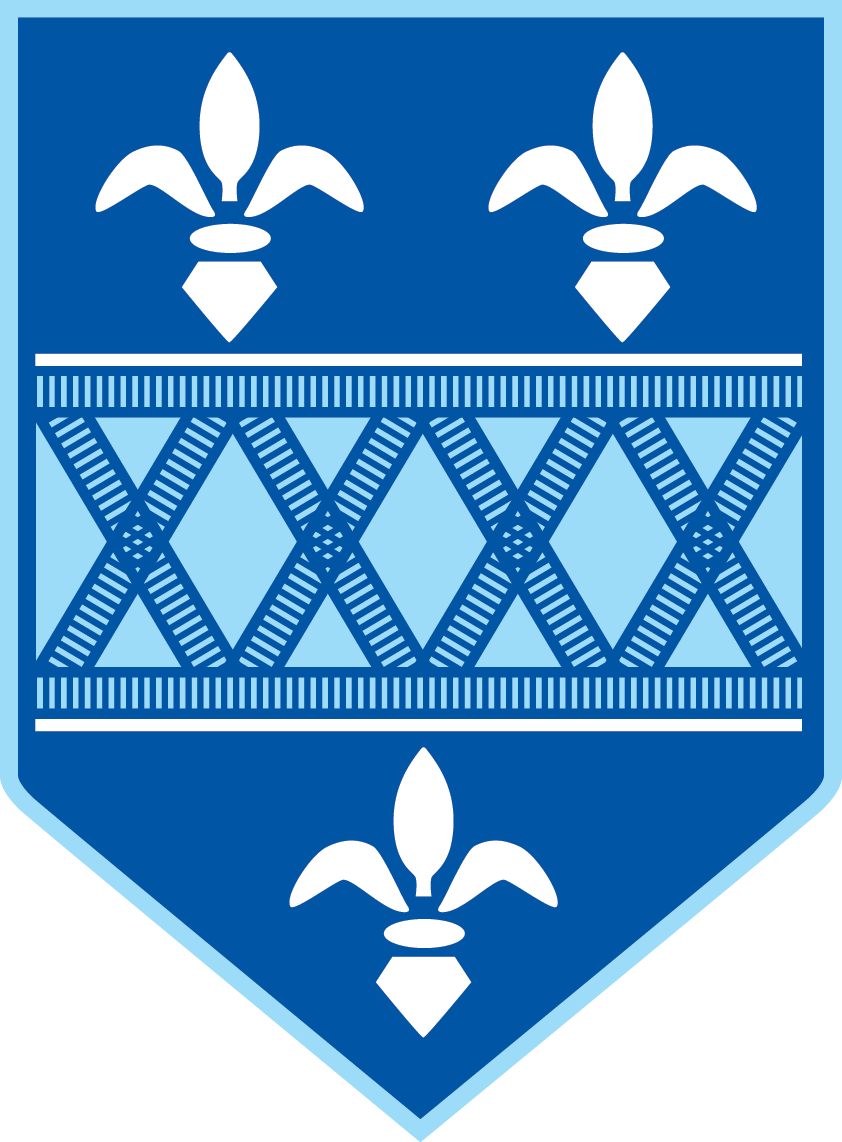Studying Music at KS4 is an exciting and fulfilling pursuit. The course combines a huge range of different skills and disciplines; and will challenge students to delve into elements of History, Geography, Sociology, Philosophy, Psychology, Art and Mathematics. The course balances academic learning with artistic creativity allowing students to express themselves in a variety of ways whilst building an understanding of how people of different cultures, throughout the ages to the modern day, express themselves.
Experience as a singer or instrumentalist is vital, as is the ability to read music. We encourage our GCSE students to follow the ABRSM Theory course and to have reached a minimum of grade 3 by the time they sit their GCSE. Students will also be involved in the extra-curricular side of the department giving them the opportunity to take part in concerts and other performance projects.
This is what some students say about GCSE Music:
"It's really varied; there's something for everyone"
"It’s a really close community - you make friendships that last a lifetime" "I loved it!"
The course consists of one externally examined paper and two coursework components as follows:
Performing: 30%, internally marked and externally moderated
-
One solo performance: this must be of at least one minute in duration, and may comprise of one or more pieces
-
One ensemble performance: this must be of at least one minute in duration and may comprise of one or more pieces
Each performance is marked out of 30 and the combined time minimum is four minutes.
Composing: 30%, internally marked and externally moderated
Two compositions, of a combined time minimum of three minutes (one composition to a brief set by the exam board, of at least one minute in duration and one free composition, each of at least one minute in duration).
Each composition is marked out of 30.
Appraising - Written Examination: 40% of the qualification
One listening examination (1hr 45 minutes) that includes identification and analysis questions on 2 set works from each of the following 4 Areas of study as well as additional 'unfamiliar' pieces:
-
Instrumental Music 1700–1820 (Bach & Beethoven)
-
Vocal Music (Queen & Purcell)
-
Music for Stage and Screen (Wicked & Star Wars)
-
Fusions (Samba/ Jazz & other)


